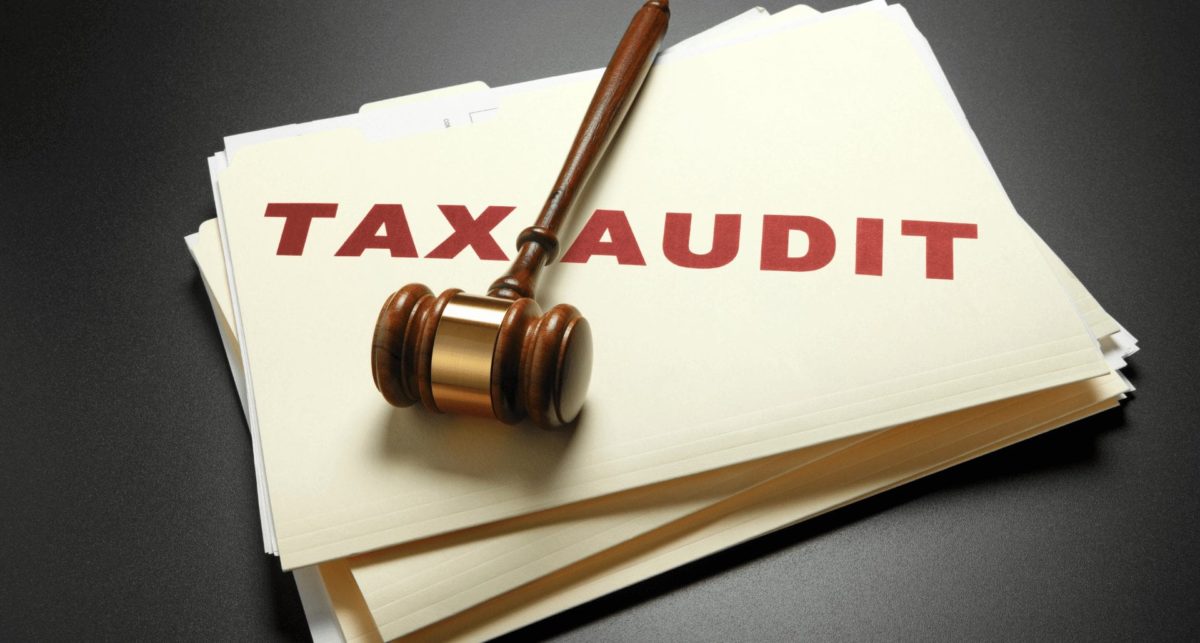May 3, 2013 | Tax Levy

IRS Levies
If you do not settle your tax debts from back taxes, the Internal Revenue Service can put a levy on your bank account. A levy is a seizure of your property to settle a tax debt. This seizure is legal, and actually takes your property from you to satisfy the tax debt.
Reasons for an IRS Levy”
The IRS can commence a levy for several reasons, such as unfiled tax returns, unpaid back taxes or if you defaulted installment agreement.
The IRS is legally allowed to seize and sell most types of personal property or real property that you own, or they can also seize personal or real property that you have interest in. The IRS will usually levy if:
- A taxpayer was assessed with a “Notice and Demand for Payment,”
- The taxpayer did not pay the tax debt
- The IRS files a “Final Notice of Intent to Levy and Notice of Your Right to a Hearing,” which is a levy notice, 30 days prior to the levy. This can be given in person or mailed to your place of residence or place of employment.
The IRS can put a levy on your bank account or wages as well. The IRS can gain access to all of your funds by serving a Notice of Levy to your bank where your account is located. There will be a 21 day period starting on the date the levy is served to the bank before the bank can release your money to the IRS. The bank must hold funds you have up to the amount you owe, for 21 days. This holding period is in place so there is time to resolve any issues that might apply to account ownership. After 21 days, the bank must send the money plus interest, if it applies, to the IRS. After the 21 day period, you will not be able to use the funds in this account until the IRS releases the levy. During this 21 day period, you will be able to negotiate with the IRS, and with the help with an experienced New York tax attorney who knows how to work with tax law issues, you can work with the IRS.
Ways to Stop a Levy
It is not easy to get the IRS to release a levy, but it can be done. If a levy involves a bank account you will have to:
- Enter into an installment agreement
- Pay the tax debt owed in full
- Prove the levy is on a tax debt that is outside the statute of limitations
- Prove the levy will cause financial hardship
- Prove the levy is creating an immediate economic hardship
If a levy is released, this does not mean that you are exempt from paying the balance. The IRS will want to receive the back tax debt, and will try to establish an IRS payment plan or Offer in Compromise with you. An IRS levy will end only after the levy is released, you pay off your back tax debt, or the statute of limitations for the IRS to legally collect the tax has expired, usually 10 years.
Sources:
http://www.irs.gov/Businesses/Small-Businesses-&-Self-Employed/Levy


 Timothy S Hart, the founding partner of the tax law firm of Timothy S. Hart Law Group, P.C. is both a New York Tax Lawyer & Certified Public Accountant. His area of expertise includes innovative solutions to solve your Internal Revenue Service and New York State tax problems, including tax settlements through the Federal and New York State offer in compromise programs, filing unfiled tax returns, voluntary disclosures, tax audits, and criminal investigations. [
Timothy S Hart, the founding partner of the tax law firm of Timothy S. Hart Law Group, P.C. is both a New York Tax Lawyer & Certified Public Accountant. His area of expertise includes innovative solutions to solve your Internal Revenue Service and New York State tax problems, including tax settlements through the Federal and New York State offer in compromise programs, filing unfiled tax returns, voluntary disclosures, tax audits, and criminal investigations. [